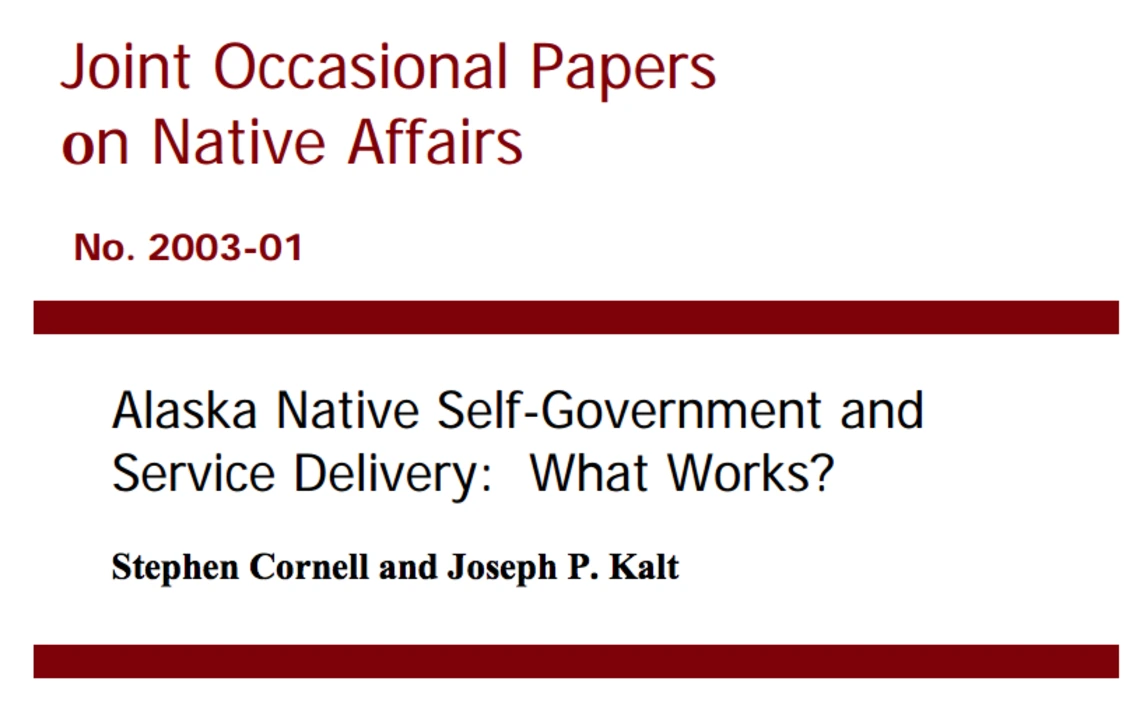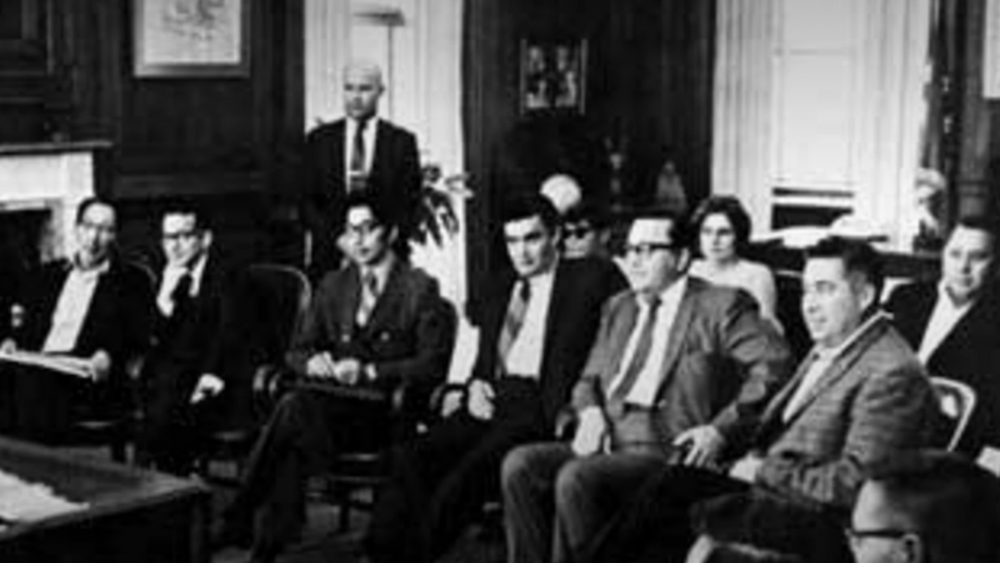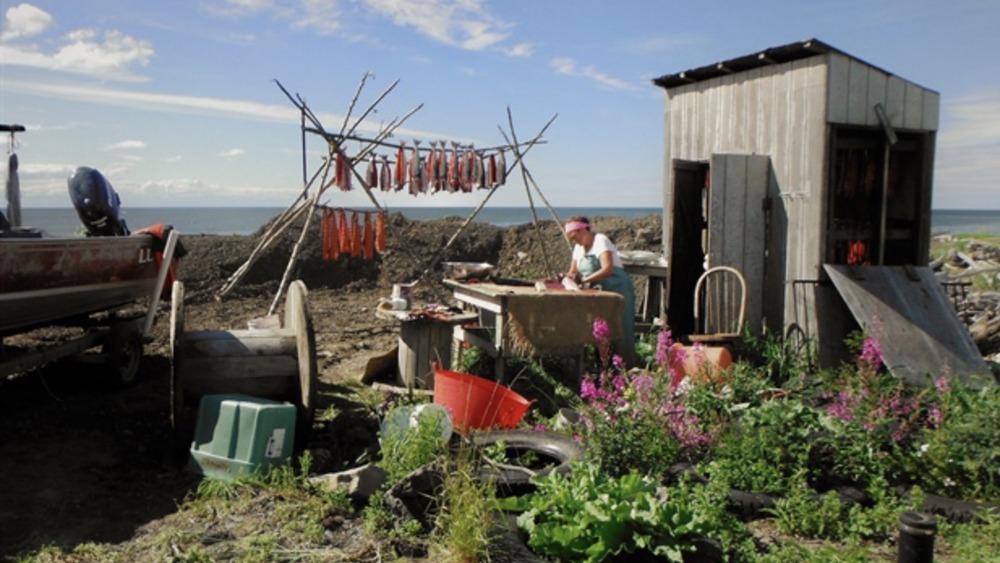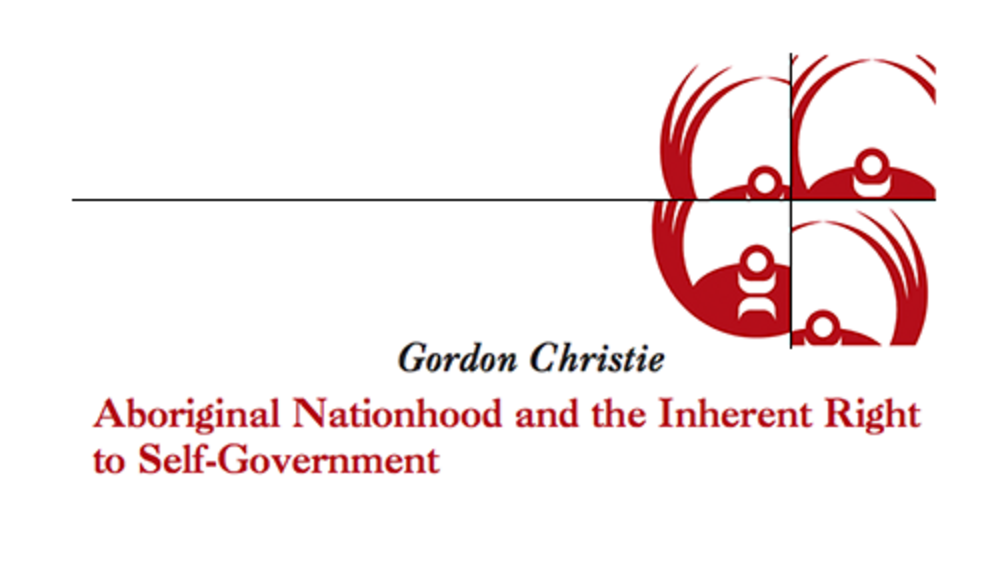The Native peoples of Alaska have governed themselves for far longer than either the State of Alaska or the United States. Indeed, their rights of self-government are properly defended as basic human rights that are not unilaterally extinguishable by these other governments. Yet, today an assortment of questions are being raised about key aspects of Alaska Native self-governance.
Among these are questions such as: What form should Native self-government take? What powers should it include? In which communities or groups should those powers be vested? Additional questions are being raised about how the delivery of social services to Alaska Natives is organized. Who should be responsible for service delivery, and what form should service delivery take?
Such questions in many cases represent disingenuous attacks on Native rights of self-rule. They also present direct challenges to the ways that Alaska Natives currently govern themselves and to how services currently are delivered.
Additional Information
Cornell, Stephen, Joseph P. Kalt. "Alaska Native Self-Government and Service Delivery: What Works?" Joint Occasional Papers on Native Affairs. The Harvard Project on American Indian Economic Development, Native Nations Institute for Leadership, Management, and Policy, The University of Arizona. Tucson, Arizona. 2003. JOPNA.




